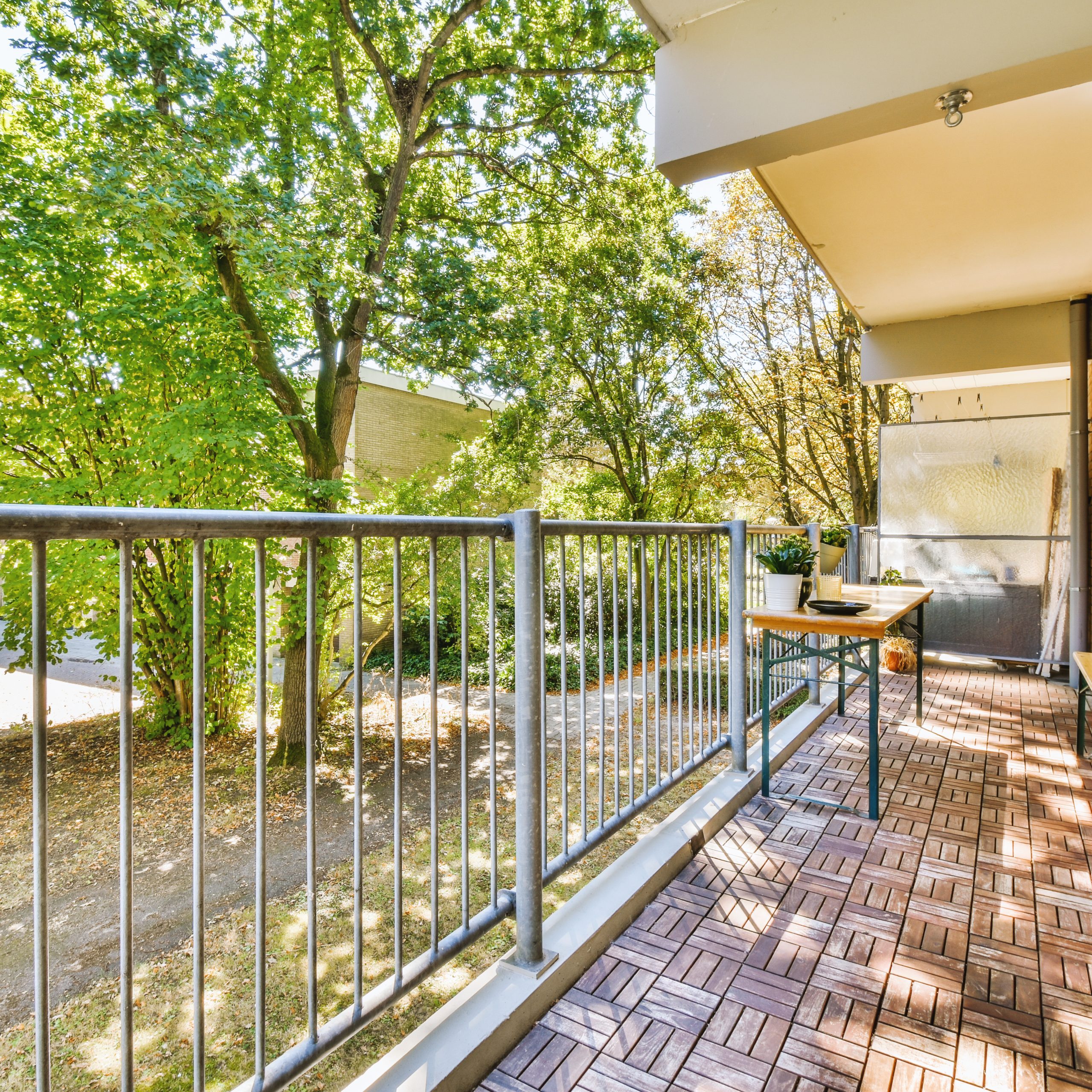Booking an accommodation can be an exciting experience, but unfortunately, there are some people out there who will try to scam you. Scammers are always looking for new ways to take advantage of unsuspecting tenants, and booking an accommodation is no exception. In this blog post, we’ll go over some common scams to be aware of when booking an accommodation, and provide some tips on how to avoid getting scammed.
The first and most common scam is fake accommodation listings. Scammers will create fake listings on popular accommodation websites and social media platforms, advertising a property that doesn’t actually exist. They will usually ask for payment upfront, and then disappear once they receive the payment. To avoid this scam, it’s important to only book accommodation through reputable websites and platforms, and to do some research on the property and the owner before making any payments.
Another common scam is phishing emails. Scammers will send emails that appear to be from legitimate accommodation websites, asking for personal information or payment details. They may even provide a link to a fake website that looks identical to the real website, but is actually designed to steal your information. To avoid this scam, never provide personal or payment details over email, and always make sure you’re on a secure website before entering any sensitive information.
A third scam to be aware of is the “too good to be true” offer. Scammers will offer an incredible deal on an accommodation, such as a luxury apartment for a fraction of the usual price. However, once you arrive at the property, you may find that it’s not as advertised, or that the owner has disappeared with your payment. To avoid this scam, always be wary of deals that seem too good to be true, and do some research on the property and owner before making any payments.
Finally, there are scams that involve fake reviews. Scammers may create fake reviews on popular accommodation websites to make their property seem more legitimate. They may also offer incentives for guests to leave positive reviews, even if they didn’t actually enjoy their stay. To avoid this scam, always read reviews carefully and look for patterns or inconsistencies that may indicate that they are fake.
To avoid getting scammed when booking an accommodation, there are a few things you can do. First, only book through reputable websites and platforms. These websites will have measures in place to prevent scams and will usually have a customer support team that can assist you if something goes wrong. Second, do your research on the property and owner before making any payments. Look for reviews, check the property’s location on a map, and ask for references if possible. Finally, always trust your instincts. If something seems too good to be true, or if you feel uncomfortable about a particular listing, it’s probably best to look elsewhere.
In conclusion, getting scammed when booking an accommodation is a real threat, but with some common sense and caution, it can be avoided. By only booking through reputable websites, doing your research, and trusting your instincts, you can ensure that your accommodation booking experience is safe and enjoyable. Don’t let scammers ruin your travel plans – stay vigilant and happy stay!



0 Comment